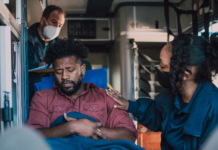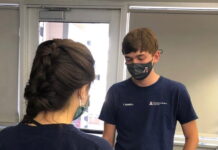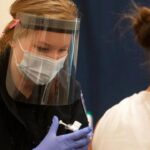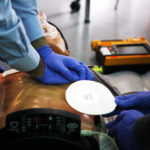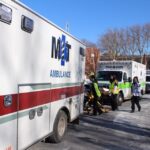Towards Anti-Racist Prehospital Healthcare
This article outlines the steps which Dartmouth EMS has taken to educate our members on socially just and racially inclusive emergency medicine.
Maintaining Collegiate EMS Readiness During COVID Campus Closures
Alatis and Nable discuss the impact of COVID-19 on campus EMS organizations and how teams can maintain operational readiness throughout the pandemic.
Marketing Your EMS Experience
Collegiate EMS providers should leverage their experience in EMS to demonstrate their qualifications for employment or graduate education.
Tackling Barriers to Seeking Emergency Care
To encourage care-seeking behavior, collegiate EMS leaders spearheaded the development and implementation of a medical amnesty policy.
You Can Learn a Lot from a Pair of Sneakers
To be treated like professionals, collegiate EMS providers need to display professionalism in their attitude and appearance.

